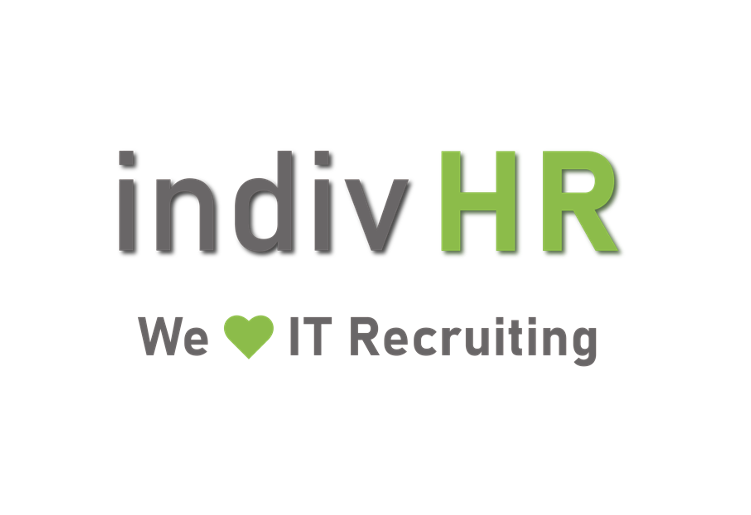Introduction: Why many recruiters rely on cloud certificates - and systematically fail in the process
Certificates such as "AWS Certified Solutions Architect" or "Google Cloud Professional Cloud Architect" convey a deceptive sense of security. Anyone with a badge can't be completely unsuitable - can they? This is precisely the fundamental misconception in many recruitment processes.
This is because cloud certificates do not check production responsibility. They say nothing about incident management, CI/CD ownership or architecture decisions under pressure. They prove that someone has memorised exam content. Nothing more.
Those who fill tech positions on a certificate basis are hiring people who can pass a test - not people who can operate systems in the real world. And that's exactly why these decisions lead to bad hires, production problems and loss of trust in the engineering team.
What cloud certificates really test - and which competence gaps they systematically leave open
The great strength of cloud certifications is their standardisation. However, this is also their biggest problem: they can be memorised. And they can be passed without ever having worked productively in a real cloud setup.
AWS Certified Solutions Architect - Associate (SAA-C03)
Scenario-based decisions on the selection of suitable services such as EC2, S3, RDS, Lambda or VPC are analysed. The focus is on high availability, cost optimisation, resilience and basic security concepts.
What's missing: No handling of CLI, SDK or APIs. No Terraform, CDK or CloudFormation. No troubleshooting, no landing zones, no SCPs. No logging, no budget monitoring, no alert structures. If you pass this test, you have understood AWS - on paper.
Azure Architect Expert (AZ-305)
The focus here is on conceptual architecture issues with classic Azure services. Hypothetical decisions are made as to whether App Services or Kubernetes is more suitable, whether an SQL service or Cosmos DB is appropriate.
What is missing: No Bicep, no Terraform, no ESLZ structures, no Azure Policies, no Role Design. CI/CD, logging, cost governance or incident communication also play no role.
Google Cloud PCA
The Google test is considered the most demanding in comparison. It requires a broad knowledge of GCP services and tests their application in company-related scenarios.
What is still missing: No access to gcloud CLI. No audit logging. No organisation policies. No cloud build, no GitOps, no secrets management. No alert routing, no monitoring strategy. Here too: Knowledge, but no responsibility.
Why certified employees often have no productive cloud experience
Firstly, it is important to note that this section is not aimed at cloud engineers who have obtained certificates. On the contrary - anyone who has a certificate and has also worked productively brings a valuable combination of theory and practice to the table. Many experienced engineers have completed their certifications strategically in order to structure their knowledge or to qualify for certain roles. But these same individuals also know how much lies between exam questions and production responsibilities. This article does not criticise the certified - but the recruiting mechanics that confuse certifications with actual engineering competence.
Preparation for all three exam series can be done entirely without practical system access. Candidates can use platforms such as Tutorials Dojo, Whizlabs or Udemy to learn exactly the questions that will be on the test. Today, prompt-optimised LLMs such as ChatGPT provide complete answer logics in seconds.
Many of the candidates who hold an associate certificate have:
-
never automated a deployment,
-
never designed an IAM role concept,
-
never set up drift detection,
-
never intercepted or documented an incident,
-
never used Terraform in a productive team.
What real cloud engineers do - and how you can recognise them
Productive cloud engineers demonstrate responsibility. They argue architecture decisions. They know costs, SLAs, log pipelines, deployments and compliance risks.
Anyone who uses Terraform talks about state management, locking, modularisation and secrets handling. Anyone responsible for CI/CD knows about rollback strategies, approval gates and branching strategies. Anyone responsible for incident response thinks in terms of runbooks, on-call structures, alert fatigue and RCA workflows.
And above all: those who bear responsibility think in terms of risks and hedging - not in terms of certificates.
Why CV screenings and keyword matching fail for cloud roles
Certificates, tool names, project mentions - all of this is easy to scan. But it does not provide a picture of what a candidate was really responsible for. Whether architecture decisions were justified. Whether systems performed under load. Whether SLAs were met.
CVs show assets - but not ownership. Anyone who invites candidates on the basis of certificates and buzzwords is engaging in illusionary recruiting.
How indivHR recognises engineering competence - and does not test knowledge
We do not simulate exams. We simulate reality. Our interviews reveal whether someone understands incidents, has mastered FinOps, has integrated technical and operational requirements and has scaled systems.
We are not talking about certificates. We are talking about logging strategies in productive setups. About network designs in multi-region architectures. About shared responsibility in security audits.
And that is why we deliver Talentswho build productively, stably and scalably - not those who can test.
Certificates show willingness to learn - but no system responsibility
Certificates are an introduction. They help to build up knowledge. But they are not a measure of engineering ability. Anyone responsible for cloud systems acts under risk, under time pressure, under budget. No certificate can test that.
Recruiting that relies on certificates misses the best - and invites blenders. Recruiting that tests for engineering expertise attracts the talent that really supports systems.
This is exactly what indivHR does.





